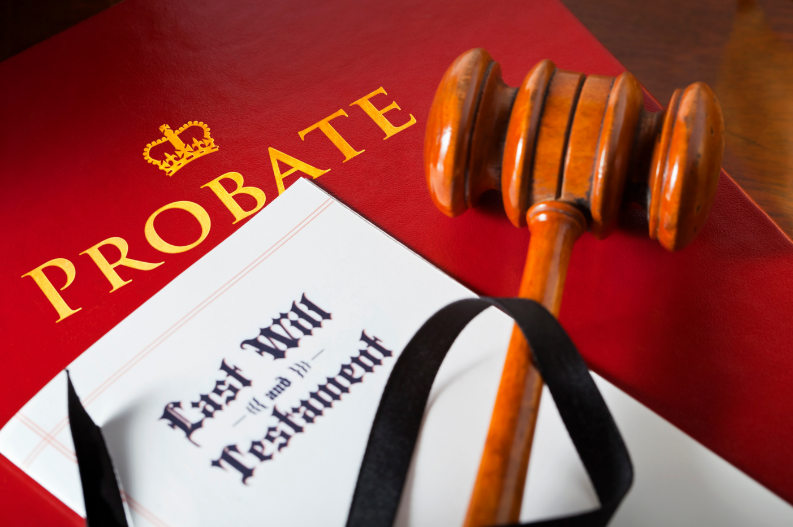Common Estate Planning Questions
Death, taxes … and probate?
Not necessarily.
You can avoid probate by planning ahead to create non-probate assets. Non-probate assets are assets that can be transferred after death to the joint owner without probate.
Why Avoid Probate?
Probate is a legal process that is supervised by the judicial system. That means the court oversees the fair distribution of assets after your or your loved one’s death. The process provides legal protection to all involved parties, thereby reducing the risk of legal disputes. It validates the will’s authenticity and protects creditors.
If probate provides all those benefits, why would you want to avoid it?
- Time. Probate is a lengthy process, which delays the distribution of assets. That can put a strain on the heirs, who may need quick access to funds.
- Complexity. Probating an estate through court can require multiple court proceedings and the use of professionals.
- Cost. Most beneficiaries engage legal representation to guide them through the process. Probate also requires payment of filing and administrative fees.
- Lack of Privacy. Once you file for probate, the filings and proceedings are open to the public.
- Increased Potential for Conflict. The probate process can sometimes exacerbate simmering resentments or jealousies, resulting in conflict among the beneficiaries, which can increase the delays and the costs.
What Assets Don’t Require Probate?
In New Jersey, non-probate assets are assets that either have a named beneficiary or are held jointly with another party. After a loved one’s death, non-probate assets pass immediately to the beneficiary or surviving owner.
You may recognize these common non-probate assets:
- Life insurance policies
- Retirement benefits with a named beneficiary (IRA or 401(k) plans)
- Brokerage accounts with a named beneficiary
- Real property held by joint tenants
- Jointly held bank accounts
- Pension benefits with a named beneficiary
- Assets held by an irrevocable trust
- Automobiles with jointly held title
With proper planning, most or all of your property can be transferred without the necessity of probate.
Strategies to Avoid Probate
Are you convinced? Ready to avoid probate? Here are ways to do it.
- Assign Beneficiaries. Check your life insurance policies and your retirement accounts to make sure you have designated the beneficiaries to whom you wish those assets to pass.
- Title to Real Property. Ensure the title to your real property holdings establish joint tenancy or tenancy by the entirety with rights of survivorship. The proper title will allow your real property to pass to your loved ones without the necessity of probate.
- Living Trust. In New Jersey, you can include most assets in a living trust. During your lifetime, you can control those assets. Upon your death, the assets will pass directly to your designated trustees without the need for probate.
- Gifts. Gifting assets during your lifetime reduces your estate and passes the assets to your loved ones without being subjected to probate.
- Transfer on Death Deeds. TOD deeds provide a path for the transfer of property without probate. Simple to use, they are also revocable at any time.


